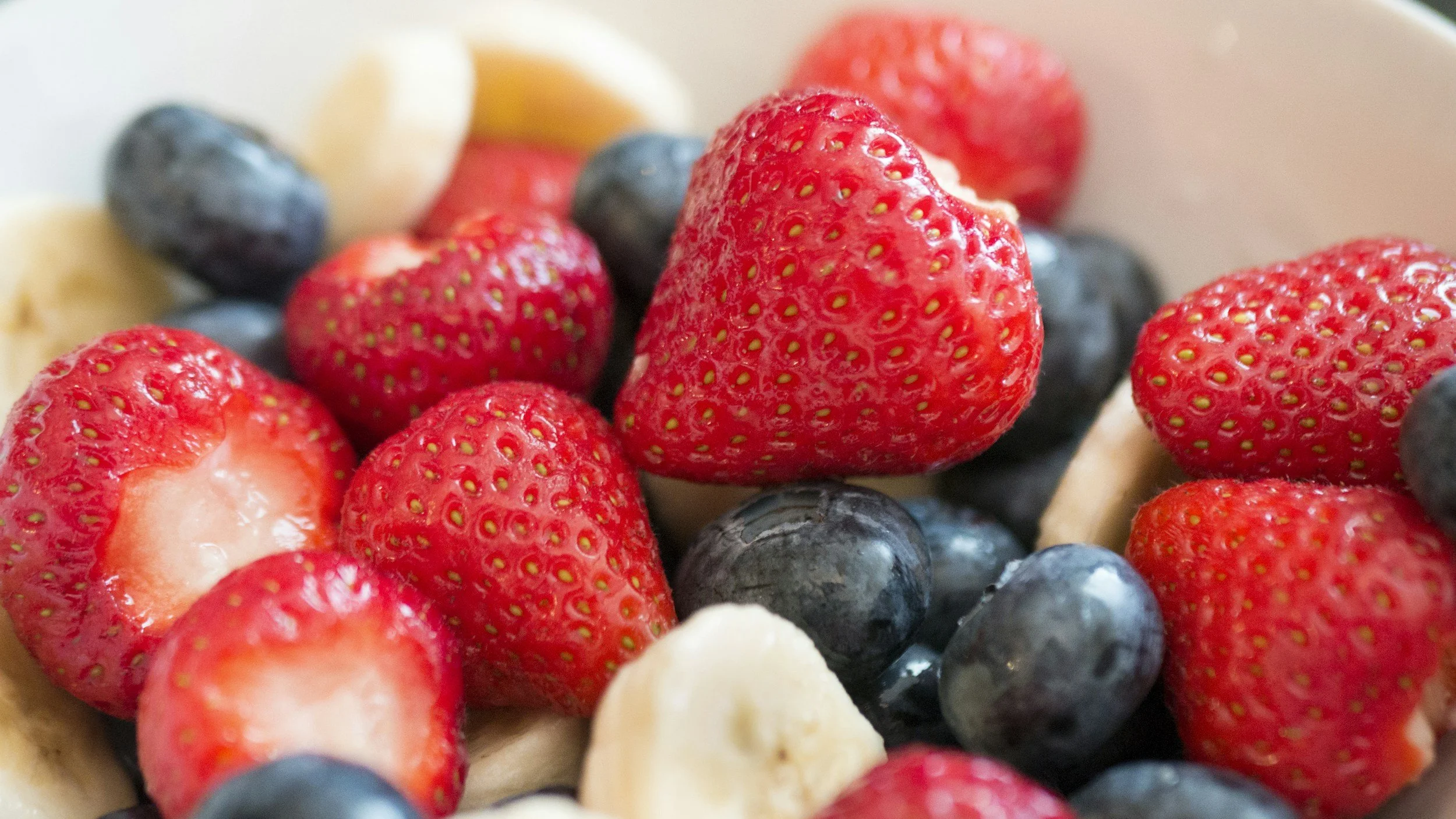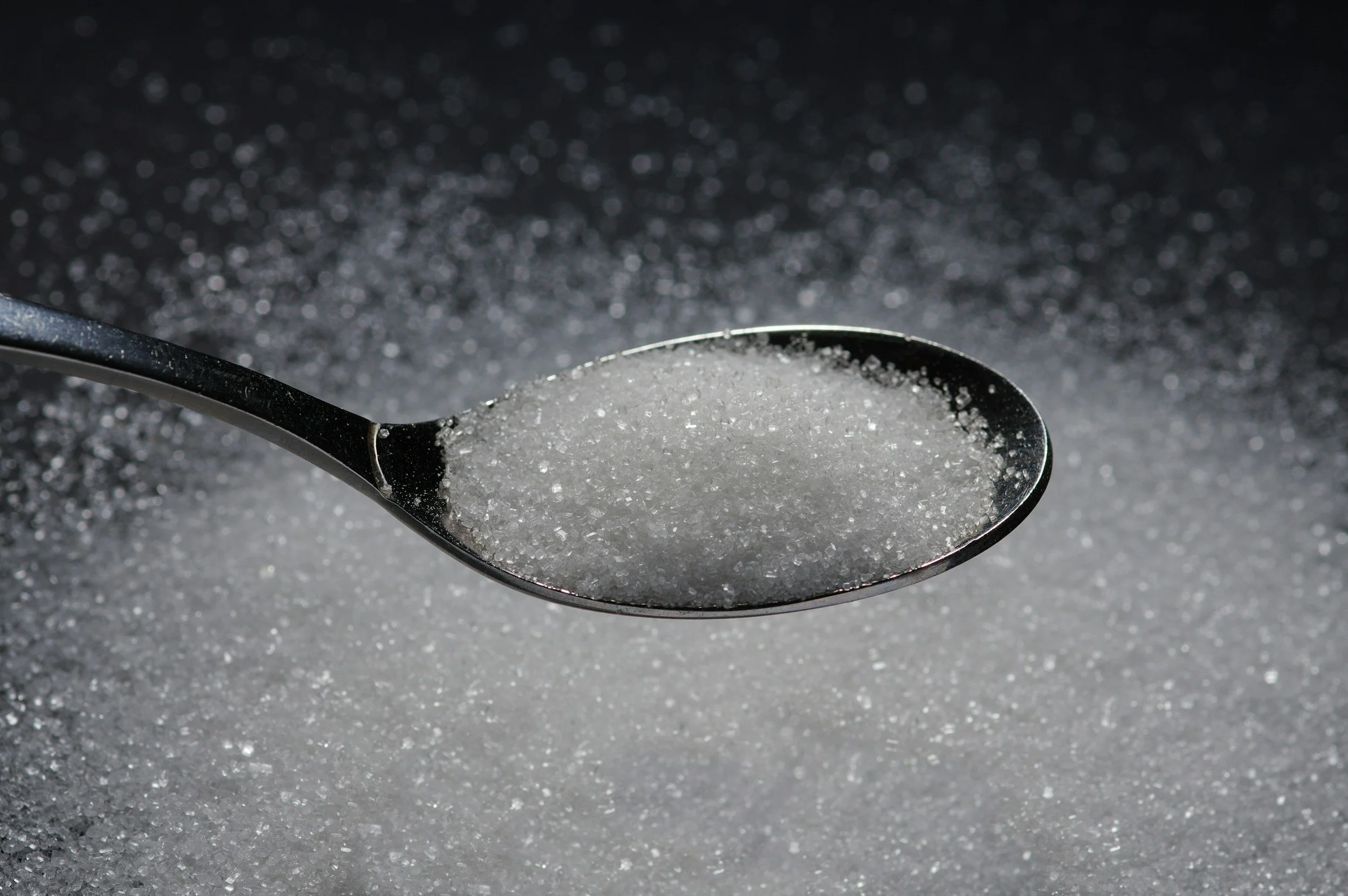
Body Strategies: Rewire Your Response
Nourishing from Within – How Food Choices Shape Your Stress Response
Stress is not just a mental experience—it’s also profoundly physical. When you’re under pressure, your body releases cortisol, the main stress hormone. What you eat can either help regulate this system or push it further out of balance. By focusing on nourishing, whole foods, you can give your body the support it needs to manage stress more effectively.
Diet and Stress: A Two-Way Street
Stress changes eating habits—often driving cravings for high-sugar or high-fat foods. But those same foods create sharp spikes in blood sugar and cortisol, which can worsen mood swings, fatigue, and anxiety.
On the other hand, nutrient-dense, balanced meals support stable blood sugar, steady energy, and a calmer mind.
The British Association for Nutrition and Lifestyle Medicine (BANT) notes that dietary changes—including eating more vitamin C-rich fruits and vegetables—can help reduce cortisol output and improve resilience to stress [1].
Key Nutrients That Buffer Stress
Complex carbohydrates (e.g. oats, wholegrain bread, brown rice): Support steady serotonin release, helping regulate mood.
Vitamin C (citrus, peppers, berries): Linked with lower blood pressure and cortisol during stress [1].
Magnesium (spinach, pumpkin seeds, almonds): Supports muscle relaxation and regulation of the stress response.
Omega-3 fatty acids (salmon, mackerel, walnuts, flaxseeds): Reduce inflammation and support brain function, both crucial in times of stress.
Potassium (bananas, avocados, sweet potatoes): Helps regulate blood pressure when the body is under strain.
A 2024 study found that poorer dietary and movement patterns—including low intake of nutrient-dense foods—were linked with higher rates of depression and anxiety among UK adults [2].
What to Cut Back
High-sugar foods: Cause energy crashes and mood swings.
Excess caffeine: Stimulates cortisol release and disrupts sleep.
Alcohol: Interferes with restorative sleep and often worsens next-day anxiety.
A 2024 European study using UK-ancestry data found that diets high in sugar and fat are causally linked to higher cortisol and greater risk of depression [3].
Actionable Tip: Everyday Swaps
Choose whole foods and complex carbs instead of refined sugar.
Swap one cup of coffee for herbal tea or water to reduce caffeine load.
Add at least one colourful fruit or vegetable to every meal.
Replace late-night alcohol with a calming wind-down ritual, like herbal tea and breathwork.
Nutrition and the WHiL Principles
Food choices are one of the simplest ways to nurture physical resilience, but they work best in synergy:
Circadian Rhythm: Balanced meals support deeper, restorative sleep.
Breathing for Stress: Stable blood sugar makes it easier to stay calm during breathwork.
Movement: Whole foods provide steady energy for regular activity, which further lowers stress.
“Food is more than fuel—it’s daily medicine for stress. By focusing on whole, nutrient-rich foods and limiting sugar, caffeine, and alcohol, you strengthen your body’s ability to handle challenges. Nourishing yourself from within doesn’t just ease stress today, it builds the resilience to face tomorrow with more calm and clarity.”
Ready for a deeper dive into coping with stress?
References and Further Reading
British Association for Nutrition and Lifestyle Medicine (BANT). Combatting Stress with a Nutritional Approach. 2023. https://bant.org.uk/combatting-stress-with-a-nutritional-approach
Wu X, et al. Twenty-four hour movement behaviours and common mental disorders: Evidence from the UK Biobank. BMC Medicine. 2024;22:153. https://bmcmedicine.biomedcentral.com/articles/10.1186/s12916-024-03534-5
Buczkowska M, et al. Dietary sugar and fat intake, cortisol, and risk of depression: Evidence from Mendelian randomisation. Transl Psychiatry. 2024;14:319. https://www.nature.com/articles/s41398-024-03089-2
NHS. Healthy eating and diet. https://www.nhs.uk/live-well/eat-well







